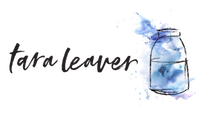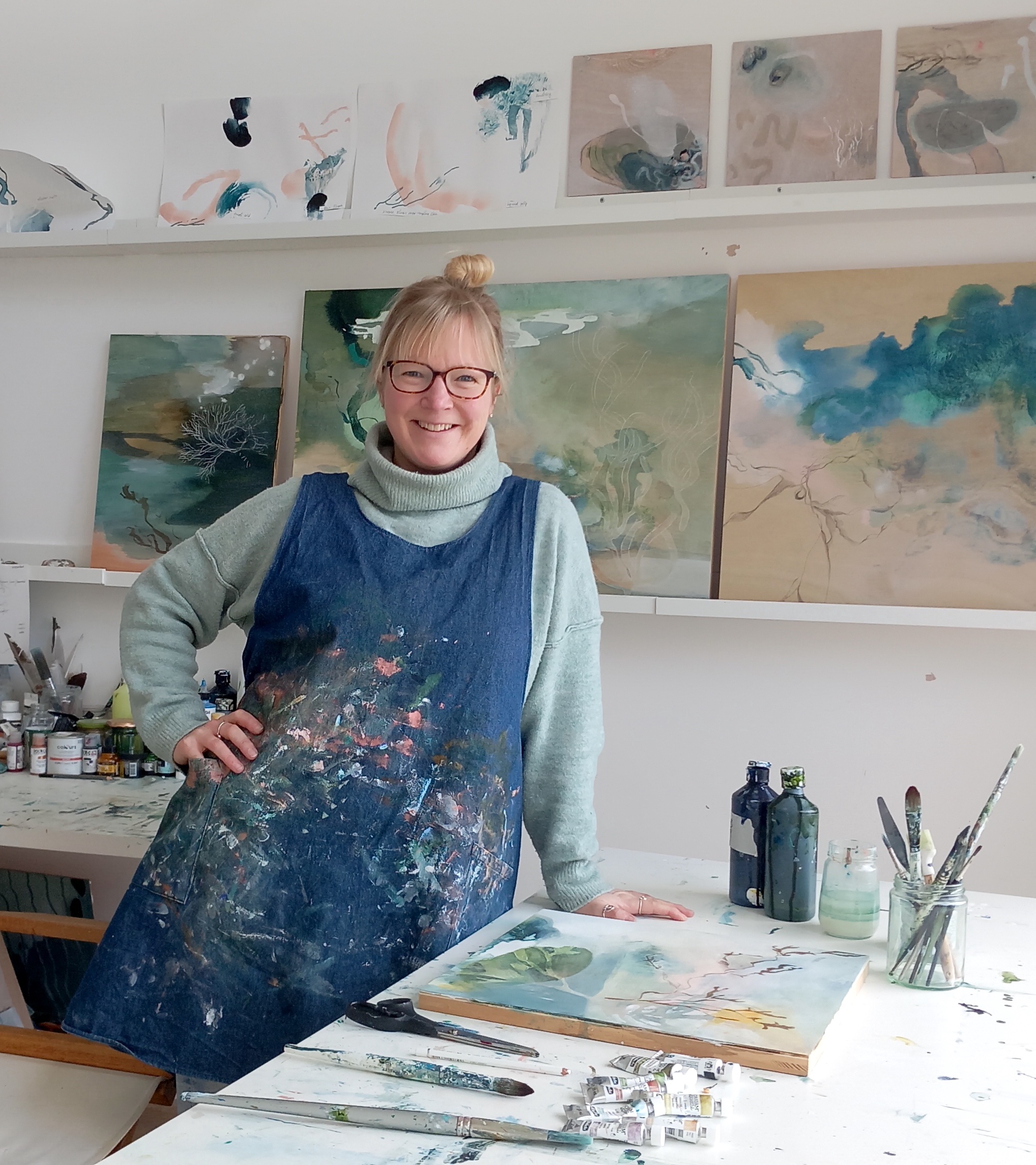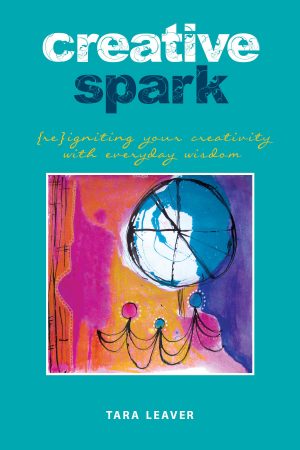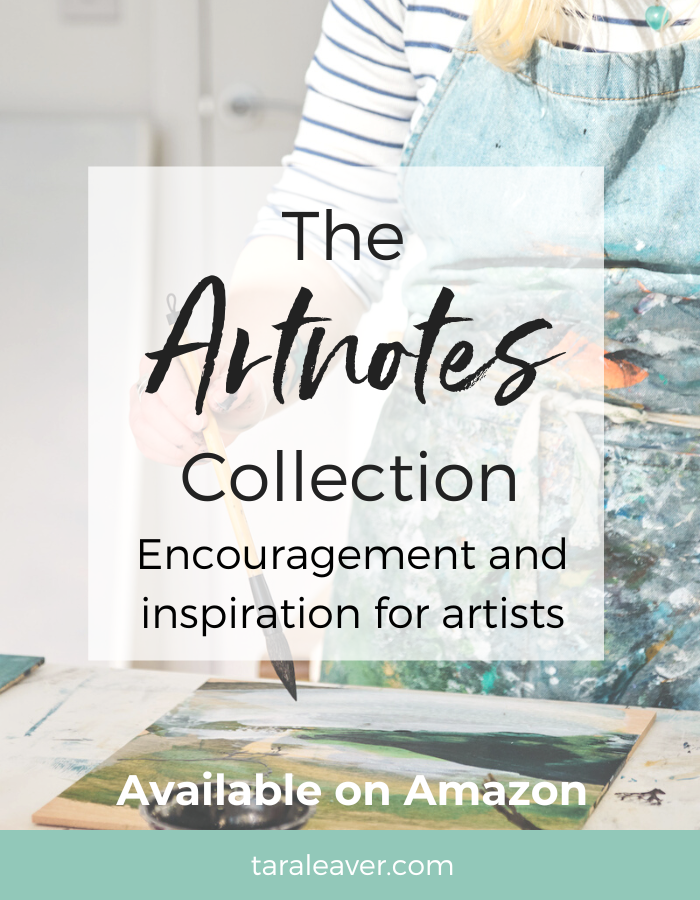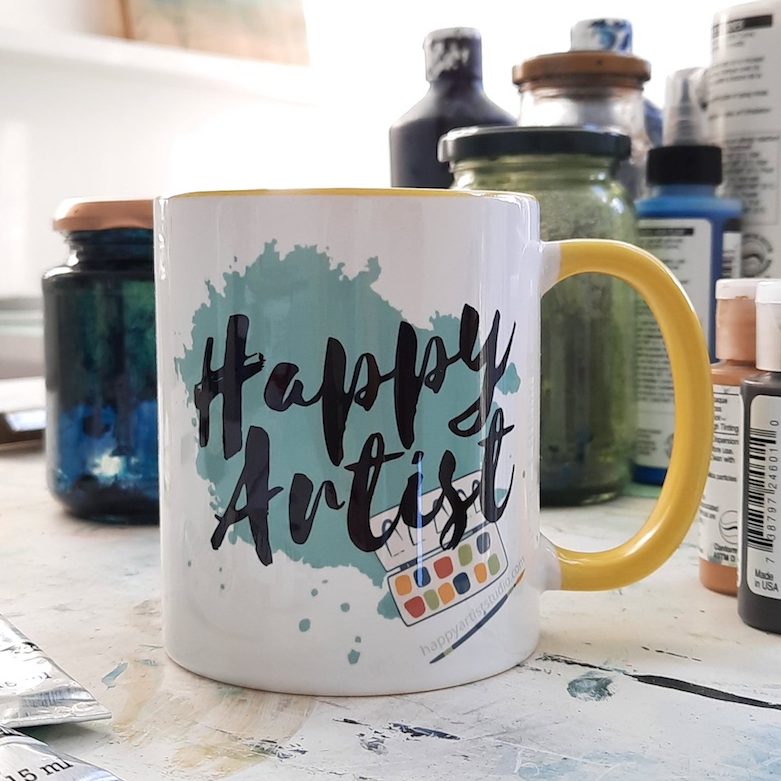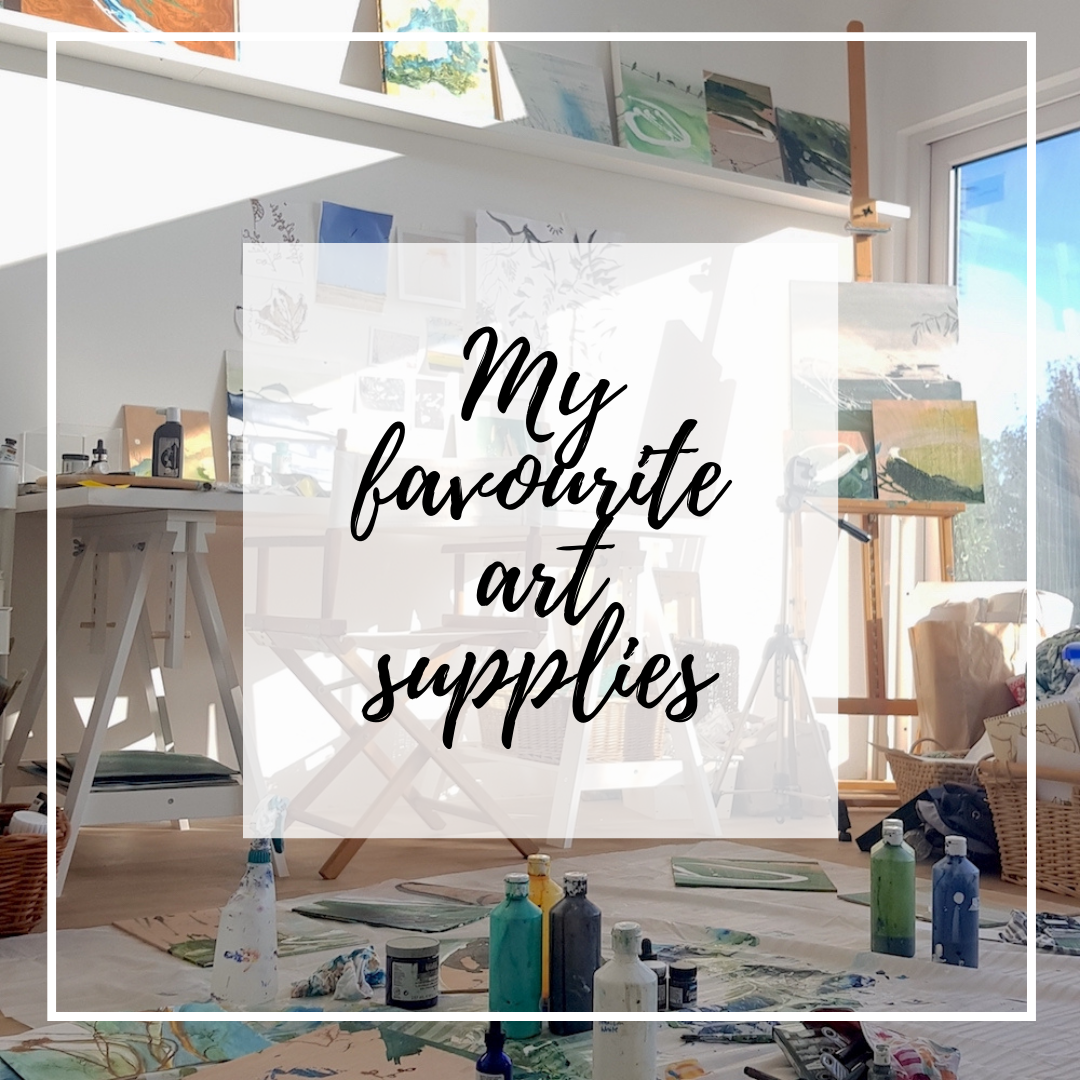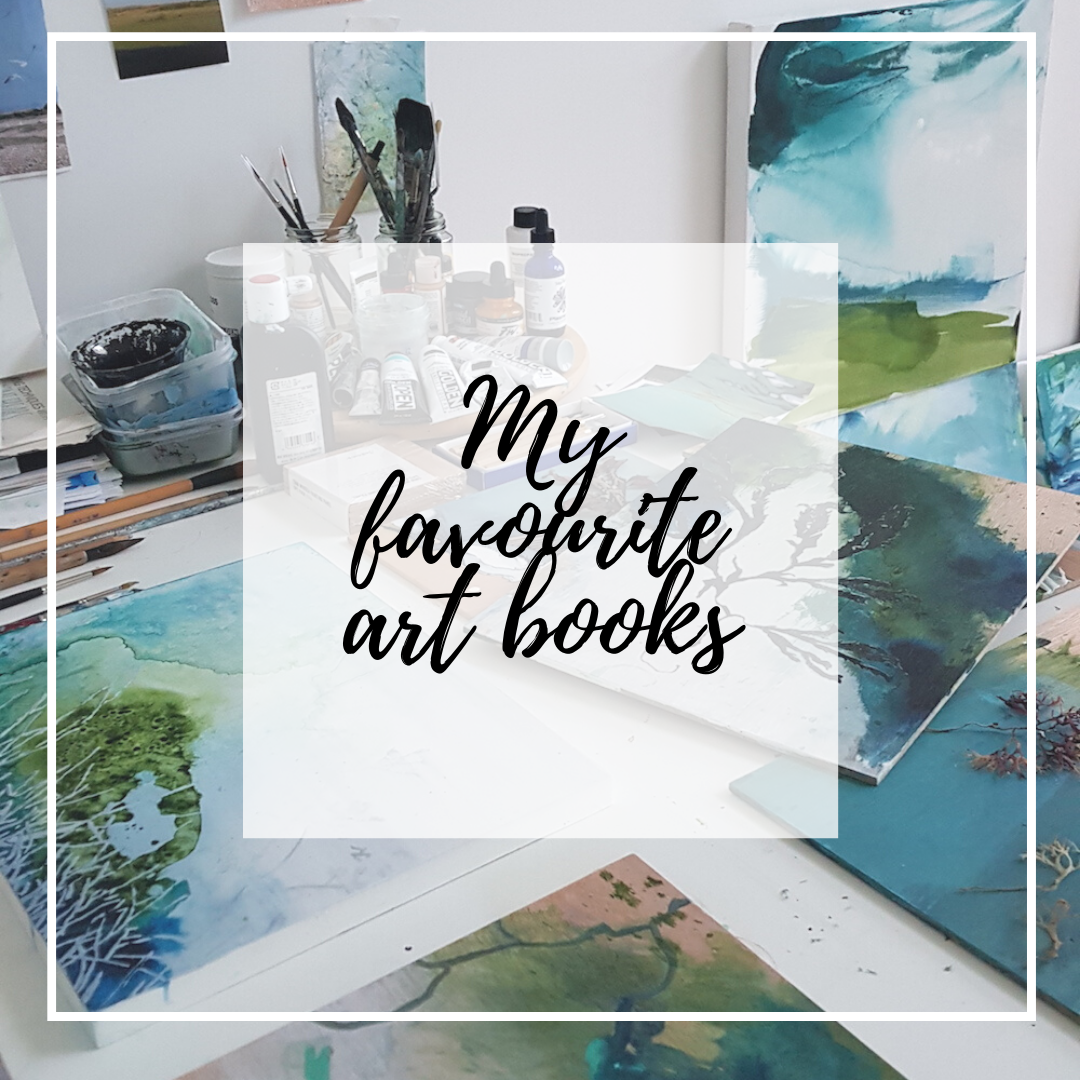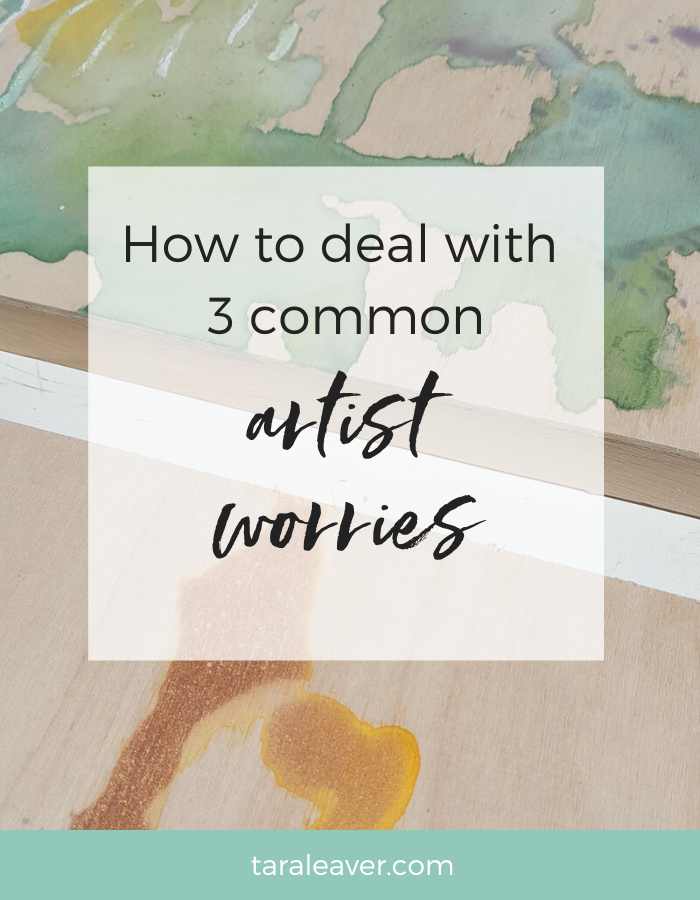
Recently inside the Happy Artist Studio, a member asked a great question that brought up three common artist worries I see holding people back.
I’m digging into it further today because these worries, or demons, as I call them, are something we all confront from time to time on the artist path, and it’s important to have tools to deal with the demons!
Here’s what the Studio member said:
“I spent this afternoon painting, [and] although enjoyable….there is a voice in my head saying fraud/playing at painting and a sense of guilt about the time spent… how do I get my mindset straight …. I took early retirement so have the time to spend on my art so why why why do these thoughts creep in?”
You know when you go on holiday, and you’ve been looking forward to it for ages, and for the first week you get sick and have to miss out on fun adventures, while enduring the disappointment of not getting to fully enjoy your well earned rest?
You finally make space for you, and the first thing that comes up is all the negative stuff!
Or when you lie in bed in the middle of the night, and while it’s quiet and dark, everything you’re worried about takes the opportunity to crowd in and engulf you?
Basically, those demons are always waiting for an opening, and they’re not shy about seizing the moment!
And the more significance we place on our art, without addressing our beliefs and thought habits around being an artist, the easier they’re going to find it to squirm in and make things difficult for us.
Our brains are biologically designed to lean towards the negative, as a way of keeping us safe.
It was pretty handy back in the day when we lived in caves and could be eaten by a sabre toothed tiger at any moment.
Less handy now, since our brains can’t tell the difference between a real or an imaginary threat, which means the ‘lizard brain’ activates at the slightest whiff of danger, even when it’s not actually dangerous at all.
So this is our brains doing what brains do, and because of that it’s important not to make ourselves wrong for thinking these kind of thoughts.
But we are also not victims of our brains, or indeed of circumstances, so let’s look a bit closer at the three artist worries that came up for our member, and see about putting them in a more useful context!
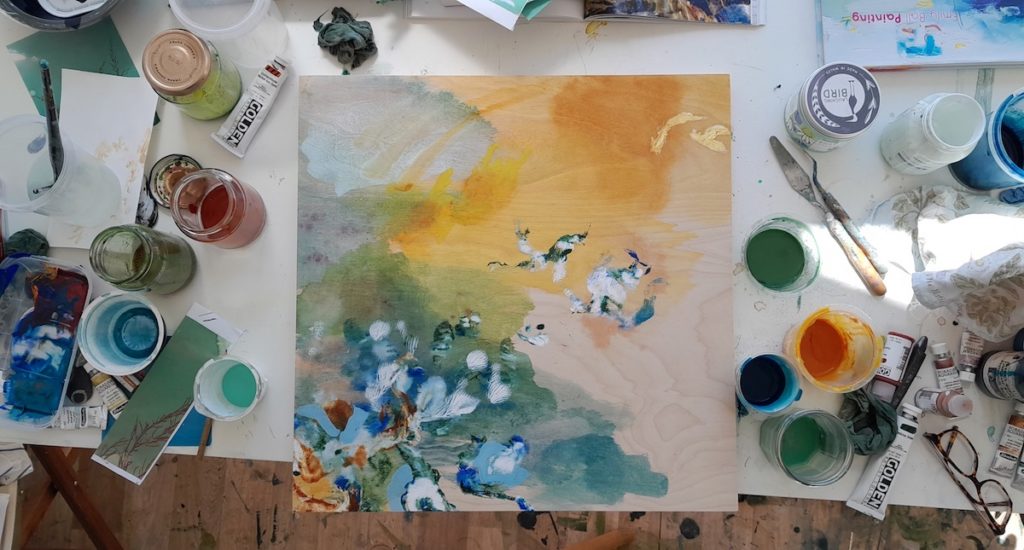
Suggestions for dealing with these three common artist worries
1. Feeling like a fraud
This one is huge. It plagues creatives across all disciplines, and I find it comes and goes depending on where I’m growing as an artist.
I think it’s helpful to know it never entirely goes away, so we can stop wasting energy trying to make it, or feeling bad that we’re having those thoughts.
It’s basically our brains trying to keep us safe again.
If we put ourselves out there, make ourselves too visible, or ‘claim’ anything outrageous like the fact that we want to be, or are, an artist, we may be banished from the tribe and left to die at the jaws of that sabre tooth tiger.
So best – our brains tell us – not to go there.
Except that we really want to make art and therefore we are indeed artists, so our brains are actually telling stories about what’s happening here.
They are in fact lying.
One thing we can do here is remember that thoughts are not facts, even thoughts we have over and over that then become beliefs and start to ‘feel true’.
Not to mention, if we’re going to be artists, that will involve making some art, 😱 and making it will mean getting better at it, and both those things lead to not being a fraud, if we want some sort of proof.
I teach a lot more about strengthening and realigning your mindset to serve you better as an artist inside the Happy Artist Studio, and one of the things I talk about is choosing new thoughts.
It seems almost silly, and either too easy or too hard {oh hi, brain, 🙋🏼♀️ trying to keep me safe by not letting me change anything!}.
And yet it’s a powerful tool and not enough people know about it!
So for example, if you’re having the thought, “I shouldn’t be doing this, I’m a fraud; I’m not a ‘real’ artist”, you can choose any number of different thoughts to start replacing it with whenever you notice you’re thinking it.
It might feel too hard to go from ‘I’m a fraud’ to ‘I’m a brilliant artist’ right off the bat, but you can just go one step forward and choose a thought like, “I’m discovering myself as an artist”, or “I’m practicing my art”.
It doesn’t matter what it is, as long as it feels good and you can believe it.
Even if the fraud thought still also feels true.
Write it on a post it note, and stick it up where you make your art, so you can say it to yourself whenever the fraud thoughts come up.
Repetition over time will start to shift your thinking towards defaulting to thinking of yourself as an artist, and eventually it’ll become no big deal.
I wrote a very popular blog post about the artist label here, which addresses this ‘feeling like a fraud’ malarkey. If you click that link ☝🏼 it’ll open in a new tab so you can read it right after this one!
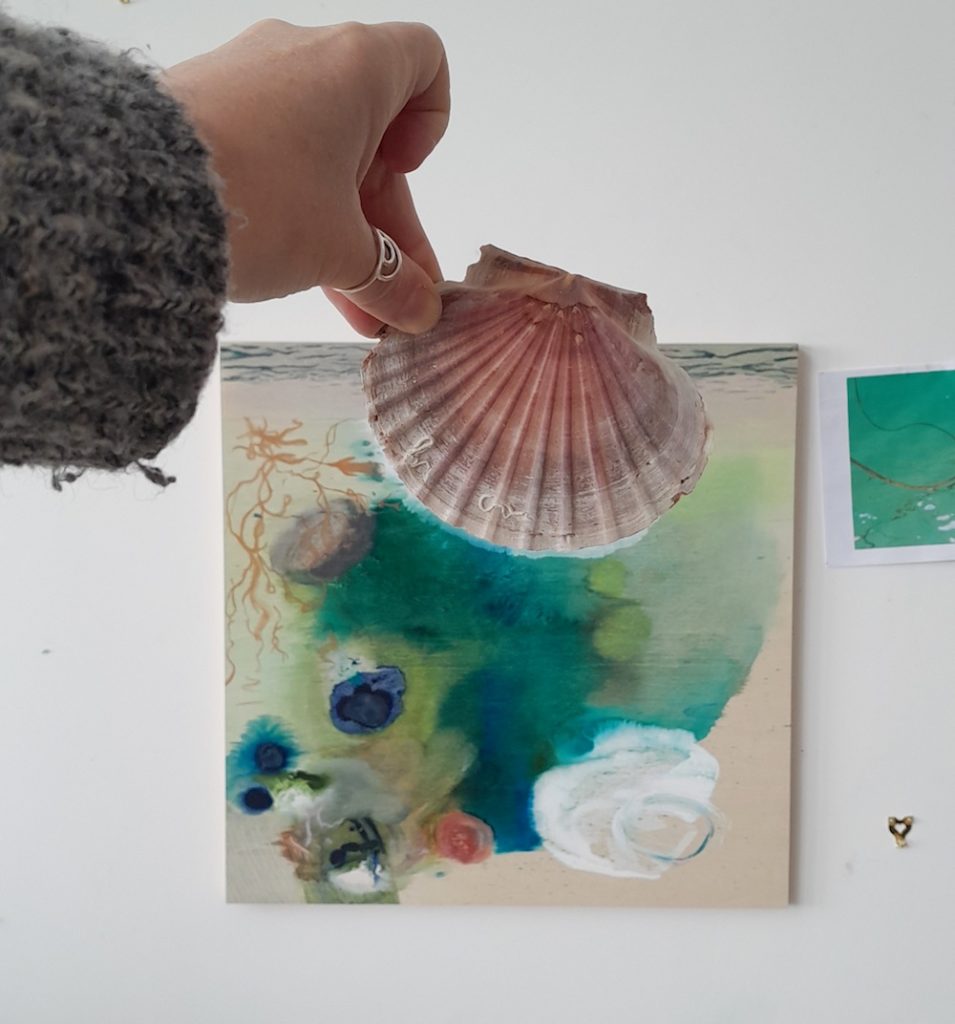
2. Playing at painting
This one ties in with the ‘fraud’ label, but the kicker is that it challenges the validity of a key part of making art – play.
It’s actually essential to play at painting!
I think it’s just that the word ‘play’ has connotations.
Which is actually the issue with a lot of the words we struggle with.
- Play is what kids do, not adults. {Wrong.}
- Play is frivolous. {Wrong.}
- Play will not help us make serious art. {Wrong.}
Without play, we make no new discoveries.
We don’t experience the joy that is creating.
Or its healing and restorative benefits.
If you take the play out of making art, you’re not left with much, frankly. Or not much that’s fun, anyway.
I find redefining our terms very helpful here.
In much the same way that I encourage artists to define that word for themselves, you can also redefine the word ‘play’ so it works for you instead of against you.
-
What does play mean to you, when you’re not worried about what other people might think?
-
What would you do if you were to really let yourself play today?
-
What would feel fun and exciting right now?
I wrote a post about play too, which you can read here.
If you don’t have time for that now, the essential premise is that play is an important part of growth in children {and us too!}, and that when children use it they create parameters for it.
It’s not necessarily some chaotic free for all; when children play there are often boundaries and very logical rules that they decide on to make the play more fun.
We can do that too.
We get so much more say in what our brains are doing than we’ve been taught to believe.
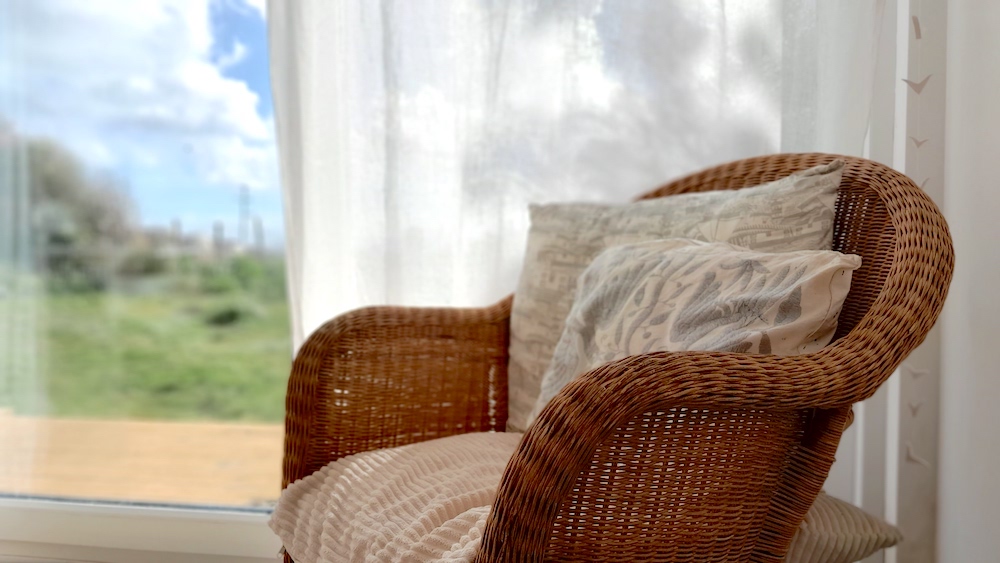
3. Sense of guilt about time spent
Ah, guilt.
Possibly the most un-useful of all emotions.
{I don’t believe we need to feel guilty in order to behave appropriately, but that’s a conversation for another time.}
Artist guilt is common though, whether it’s guilt about ‘wasting’ materials, or spending time on something that doesn’t do anything ‘useful’, or produce anything of obvious value to anyone else.
It ties in so beautifully with capitalism, and all that cultural conditioning about what we ‘should’ be spending our time doing.
It took me a long time to realise that ‘doing nothing’ is an important part of making my art, and to stop feeling guilty about that.
Then I discovered the Pondering Chair {see image above!}, and now it gets a lot of use!
I believe there’s a direct correlation between how often I use the Pondering Chair, and how excellent my paintings are. 😉
Again, we need to be looking at what we’re thinking and believing, and what stories we’re buying into about what it’s ok for us to do.
And honestly, if you’re retired, one might say that if earning the right to make your art was actually a thing, you’ve earned every minute of your free time to spend as you wish!
But even if you’re not, you don’t actually have to justify the time you spend making your art.
At the very least it comes under self care.
I know it’s not going to feel that simple, and like any other mindset issue, it can take time to undo years or decades of a certain way of thinking about something.
But that doesn’t mean it can’t be done, and we can use our desire for and commitment to our art to spur us on.
Because once you’ve answered the call, there’s really no going back after that, at least not without potentially huge cost, so we want to be supporting ourselves in our artistic endeavours in whatever ways we can.
I’d suggest doing any or all of the following:
- Set aside specific art time for yourself each day or week. It can be flexible, but factoring it in as a non-negotiable, rather than adding it hopefully to a to do list, gives it space in your life by default and shows you and those around you that this is important to you.
- Tell those you live with that you’re going to start spending more time on your art now, so it’s on the table and any objections can be cleared up front. When you talk about your art from the place of truth in yourself where it’s a given, like eating or brushing your teeth, others will more readily accept it.
- When guilty thoughts come up, have some alternatives on standby {and written where you can see them often!}, and keep practicing replacing them. It doesn’t matter what they are as long as they feel better than than the guilt thoughts and you can believe them. For example – “This is my art time”, “I am an artist and this is my time to grow”, “I’m practicing my art now and that’s ok”, etc.
If any of these demons pester you, try out some of the suggestions in this post and start to take back sovereignty in your brain!
You are an artist, and that means you’re not just entitled to make your art – you need to.
It’s not a waste, it doesn’t need to be justified, and you can choose how you define it so it supports you.
Do you identify with any of these common artist worries? Let us know in the comments, and share your tips for navigating and shifting them to thrive in your art!
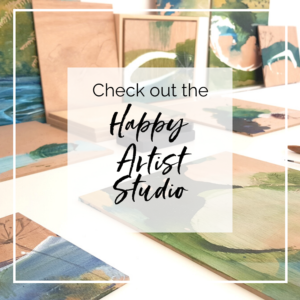 Want more help with this? Come and join us in the Happy Artist Studio, a membership for artists where you’re supported, guided, and encouraged in creating your Happy Artist life!
Want more help with this? Come and join us in the Happy Artist Studio, a membership for artists where you’re supported, guided, and encouraged in creating your Happy Artist life!
That means we help you get clear on your artist voice, gain confidence in yourself as an artist and in sharing your work, and create an artist life that will work for you in all your unique glory!
We address both mindset and process, the two essential pillars for any sustainable, thriving artist life, with lessons, challenges, workshops and Q&A videos, as well as an array of courses, and a lovely cosy community for camaraderie and support.
You don’t have to do this alone, and you can be happy artist! Come and join us and you’ll see!
